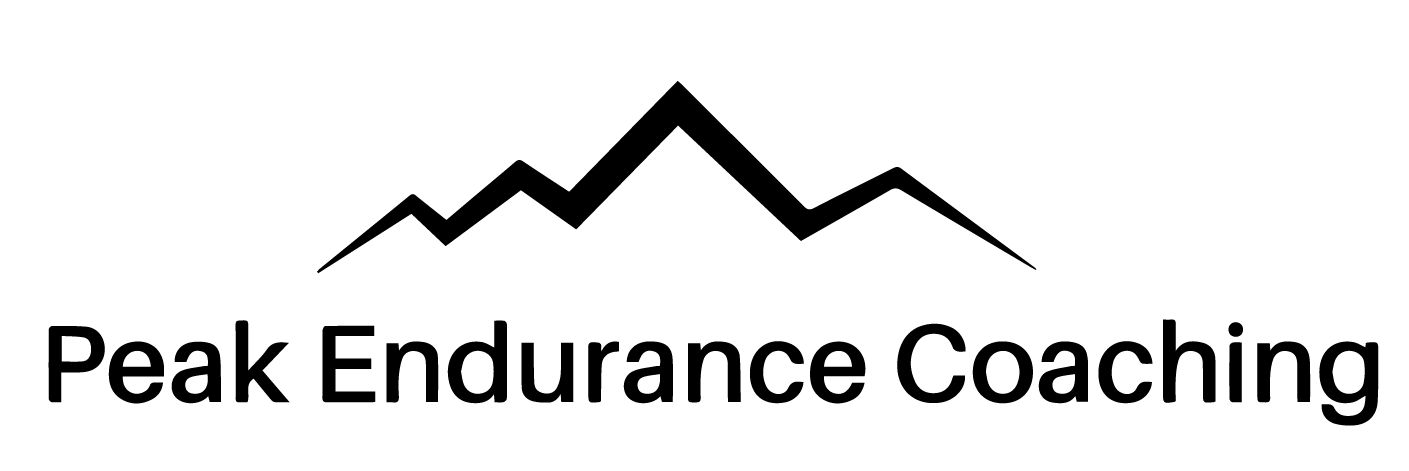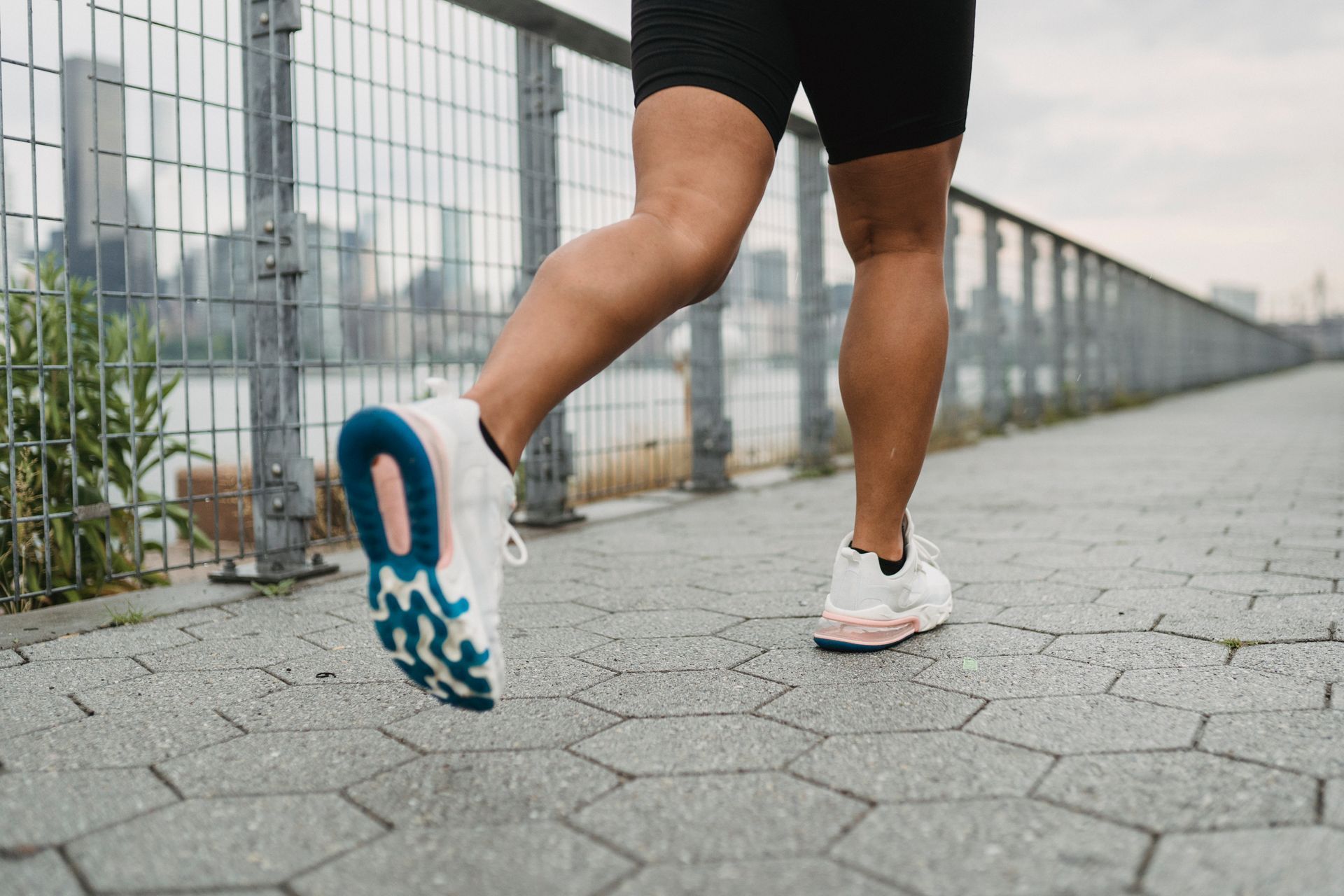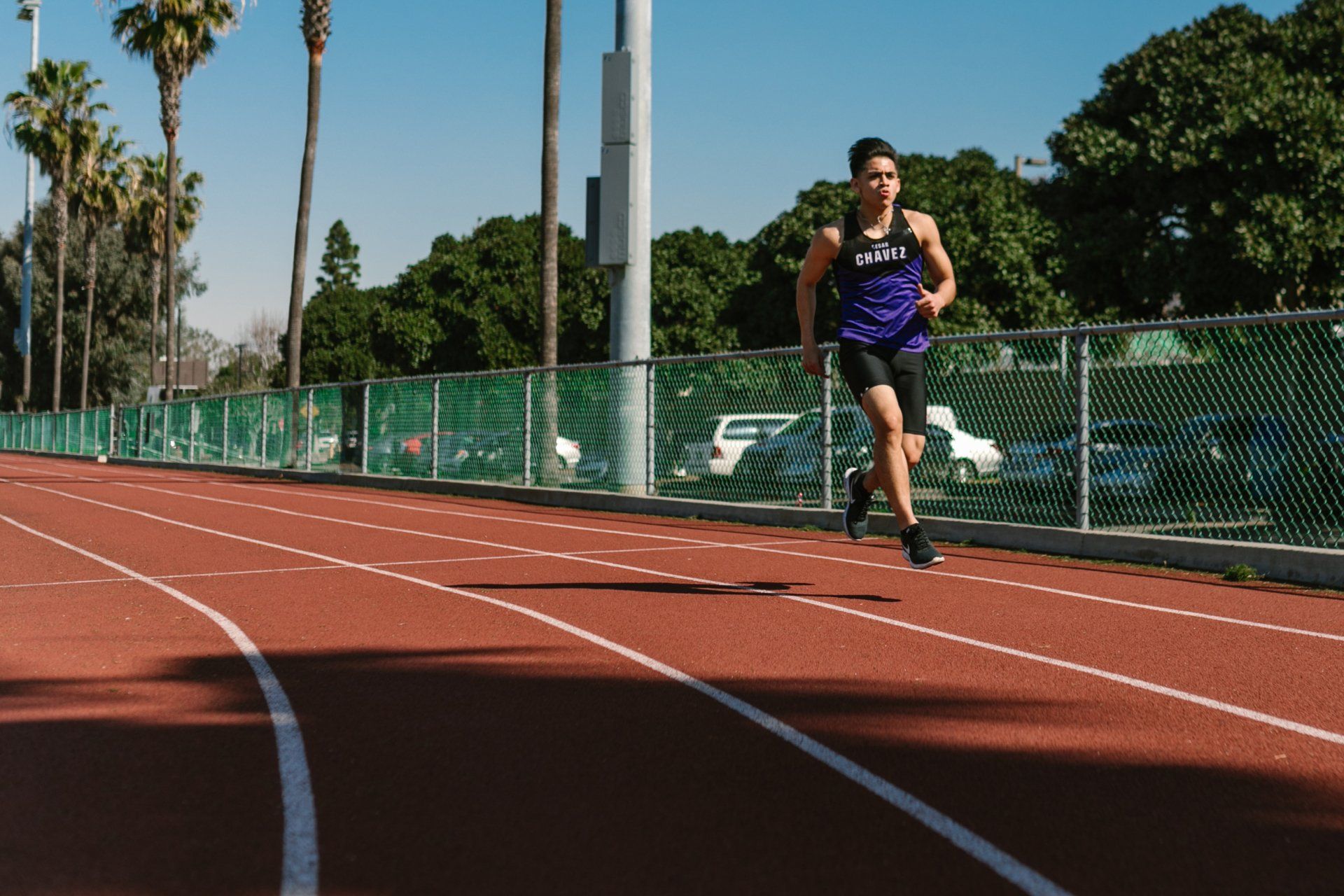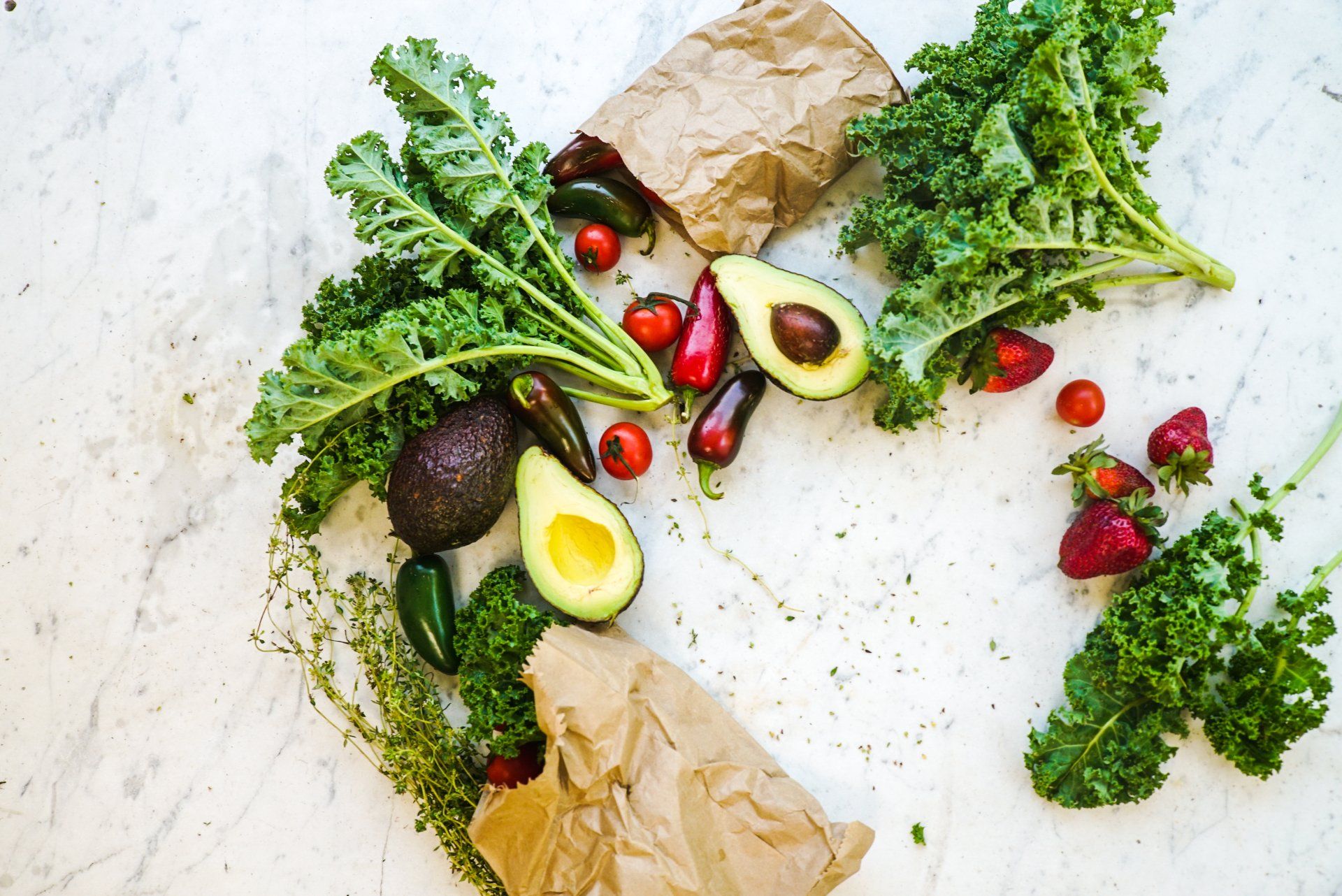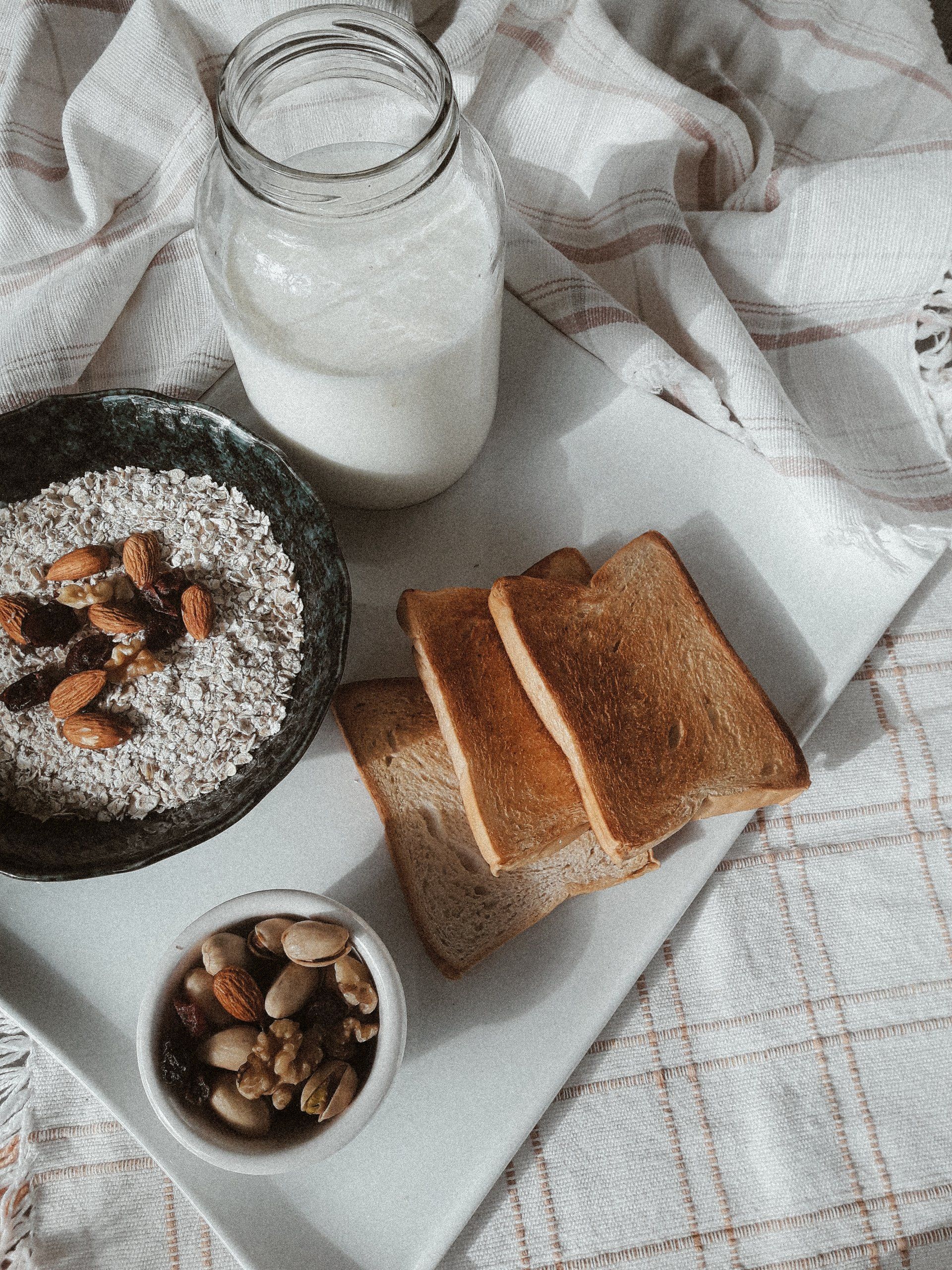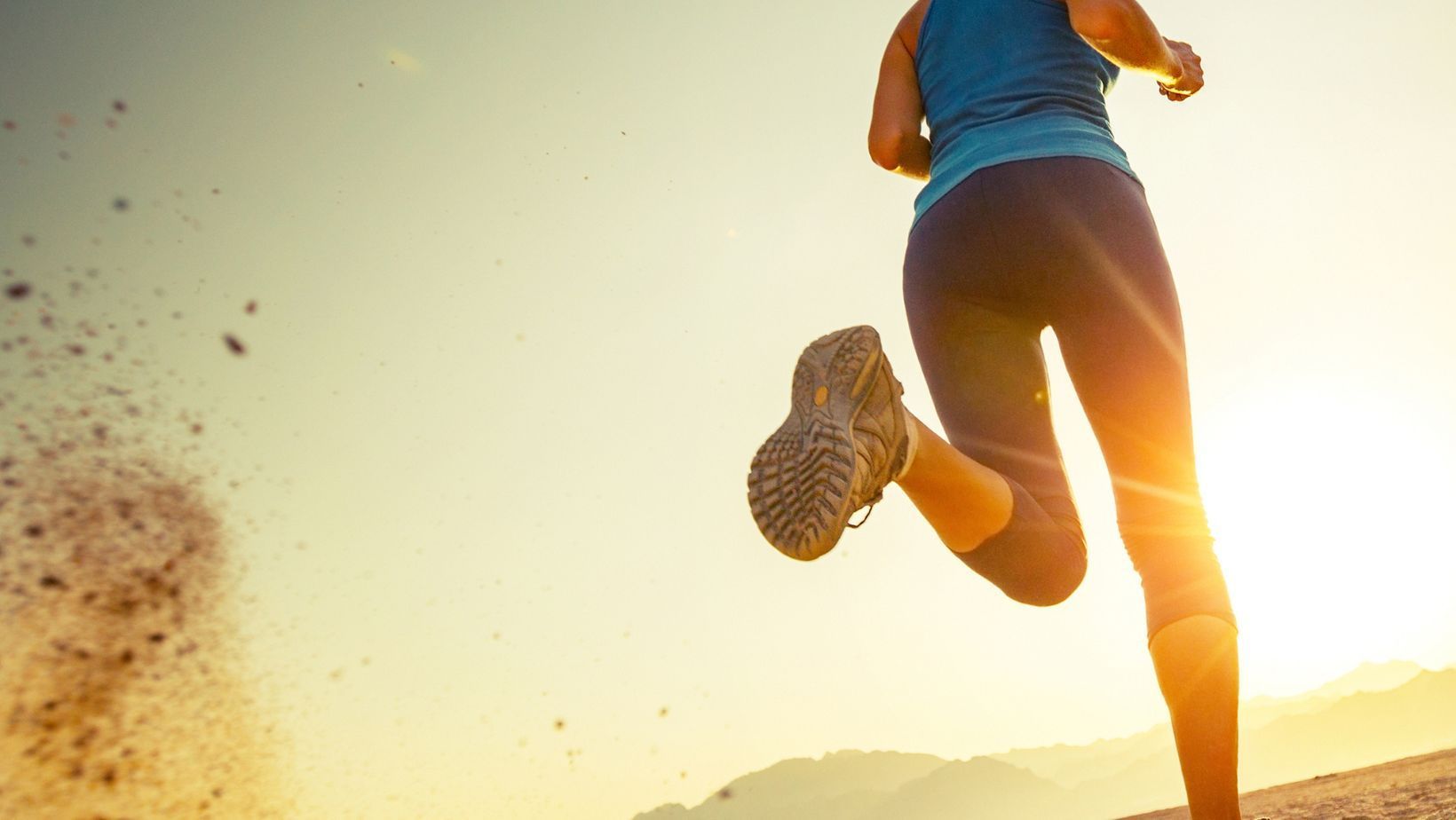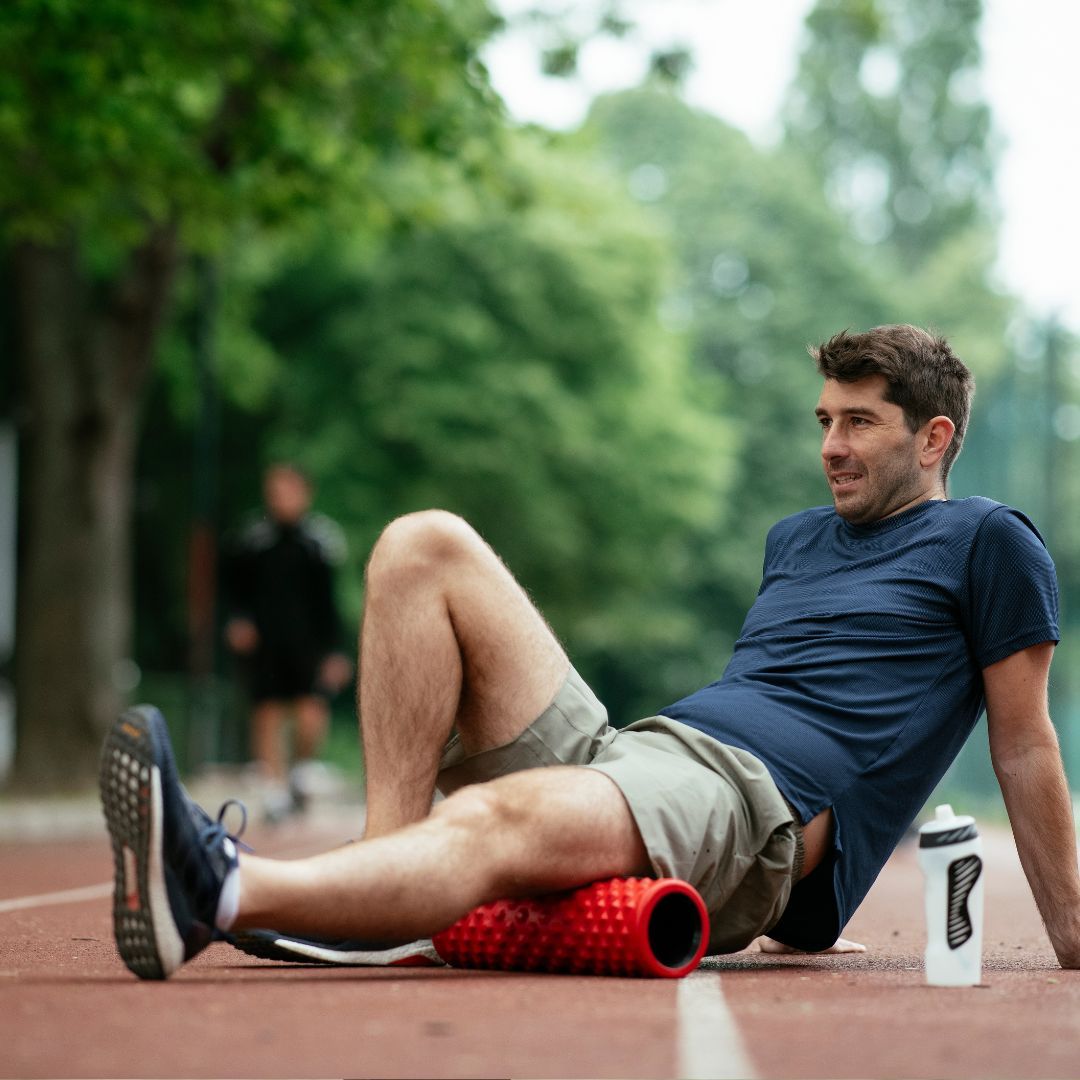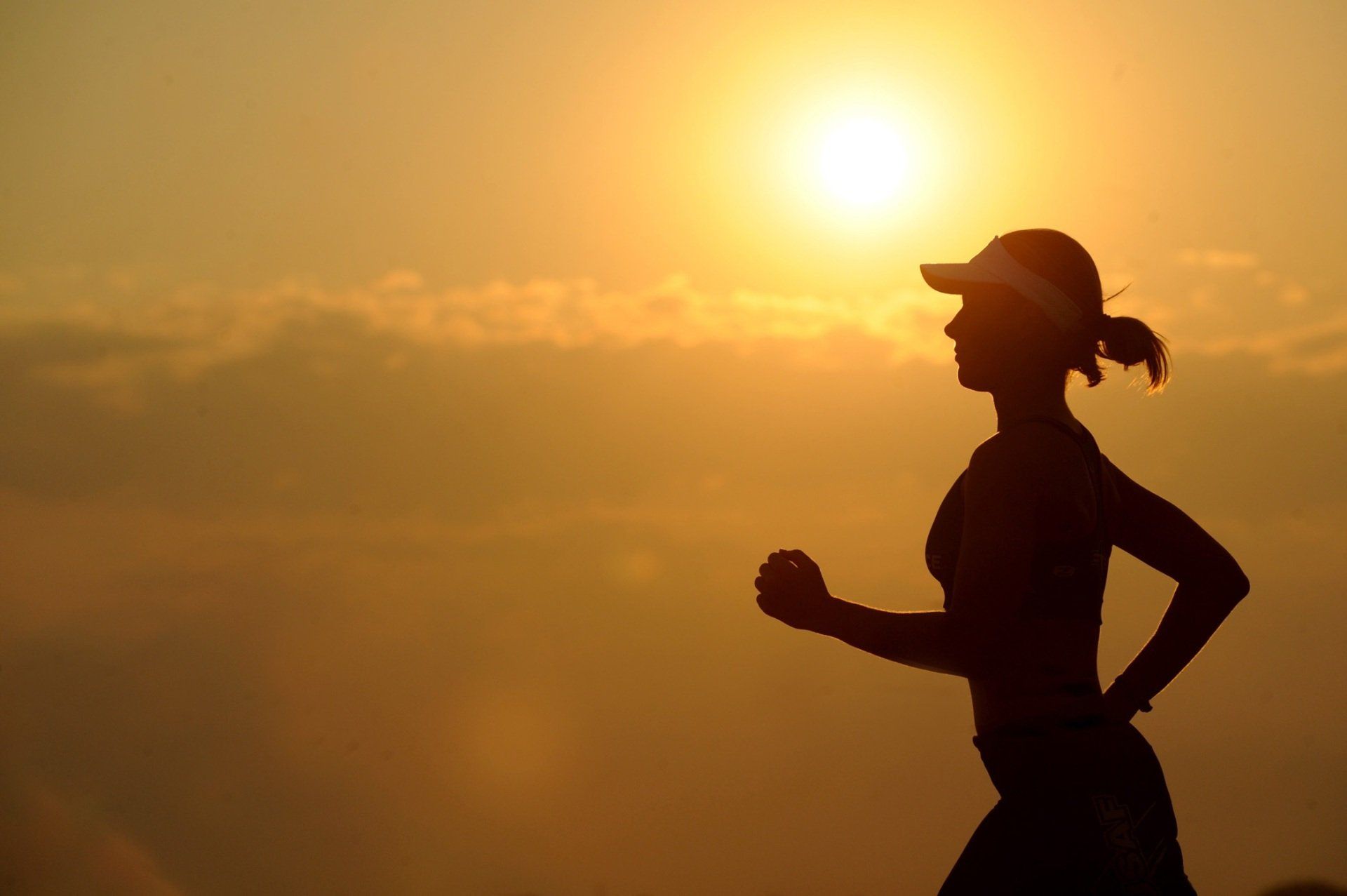Recovery is an essential component of your training plan.
Rest and recovery are actually part of your training!!
Many people believe that it is when you are running and training that you are getting stronger and fitter. Nothing could be further from the truth. When you are training you are actually breaking the body down. It is when you rest or focus on recovery that your body is repairing and rebuilding to make you a stronger, more robust athlete. For this reason, resting is your key to becoming the runner you’ve always dreamed of becoming!
Let us look at the different components of rest and recovery.
Recovery
The dictionary definition of recovery is: ‘a return to a normal state of health, mind, or strength.’ This is a very important meaning! And it’s definitely what we want to achieve with recovery. Recovery itself has many modalities.
Recovery runs:
These are not junk miles!! These are easy runs (max 1 hour) the day after a harder session/long run. They should feel easy, a shake out run. You should not be running to get Strava segments, or with faster people. This needs to be easy to enable recovery.
Active recovery:
Active recovery involves participating in cross training activities. This may be an easy walk with friends, an easy bike ride or swim. It means you are moving but not running. In this way, the body is de-loaded form the impact of running, but still benefiting from moving and/or being in fresh air.
Sleep:
Sleep is the most important tool in your recovery toolkit. Sleep will improve your running like nothing else can. You need to aim for 8-9 hours in bed to ensure you get 7-8 hours sleep. It always takes some time to get to sleep, and we all have wakeful moments during the night hence the need to be in bed longer than the hours of sleep required.
The sleep preparation cycle is something to be considered. Set up your phone so it goes into ‘Do Not Disturb’ mode 30-60 minutes before your planned bedtime. No using your phone to read, etc during this time. If you really want to disrupt your sleep, read the news before bed!!
Sleep hygiene is important to ensure good quality sleep. Phones on airplane mode, no glowing lights from TVs, other plugs or electronics. Blackout curtains or blinds to keep streetlights or morning light out. A window open for a cooling breeze. Try to keep the room cool as this promotes deeper sleep.
Nutrition:
Nutrition is another way of helping the body to recover. Processed and ‘junk’ foods increase inflammation in the body, which then leads to injury or ill-health. Good quality proteins help the muscles to repair. Fresh fruits and vegetables help to reduce inflammation and provide essential vitamins and minerals. Water is essential to keep the body hydrated and working well and allow digestion of your quality nutrition. I truly believe excellent food is vital if you want to be an athlete who performs at their best.
Massage:
I think runners should get a massage (and I’m not talking relaxation!!) every 1-2 weeks. Massage helps to keep the body loose. It also allows you to avoid injury as your therapist should be able to find the sore spots! I also really believe it keeps you in good communication with your body so you are more aware of how it is feeling. I have always prioritised massages. And as good as rollers, etc are, they are no substitute for the real deal.
Other modalities:
This is where things like compression tights, compression boots, ice baths, cryo-therapy etc come in. Although these may make you feel like you are doing something to aid your recovery, they do not compare to sleep and good nutrition. Even massage comes further down than the ladder than these two. Focus on perfecting your sleep and nutrition before worrying about spending money on any other recovery modalities.
Similar to recovery, but more difficult for runners to embrace is the notion of rest.
Rest
The dictionary definition of rest is: ‘cease work or movement in order to relax, sleep, or recover strength.’ (are you seeing the theme here where it is all about regaining strength within the body and mind??)
Rest days:
There is only one modality for rest: rest. This means not running. It is important for your physical and mental health to have rest days. Rest days should be renamed rebuild days. These are the days when your body repairs the micro damage that you can neither see nor feel but that should be respected. Depending on your schedule/needs this may be once or twice a week, or once a fortnight. I tend to have a rest day once a fortnight because this is what works for my body. You need to find what works for you, but it is an essential part of the training plan. Rest allows the body to have a break from any activity and to focus fully on repair. Use this time to get a little more time to sleep in the mornings or spend more time with loved ones of an evening.
Rest blocks:
Blocks of rest from training within the overall program are also important. This may be a week of no running for a week after a miler. Maybe some recovery walks, rides or swims but no official training. Then slowly easing back into running. Not only is this important for the body, but it is also essential to recharge mentally. If you never have a break from running it is highly likely you will become burnt out and lose the fire and drive for running. Having a break re-invigorates you and stokes the fire so you can push through the hard months of training to come. It is also a good time to work on your goals for the upcoming season and to get excited about them!
As you can see there are many different components to the concept of rest and recovery. If you do not build these into your program you will pay through injury, burnout or sickness. As runners we always like to focus on how hard we can push ourselves, but sometimes we need to focus on doing as little as possible. In this way we will become balanced runners, and balanced humans. Enjoy your rest and recovery!! You will be a better runner for it.
